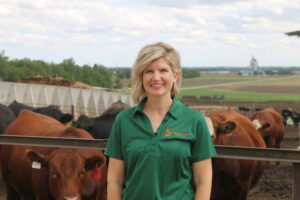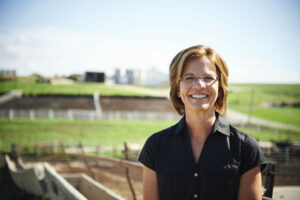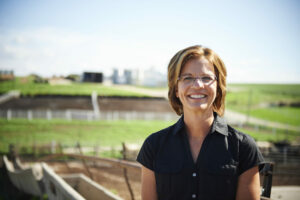
Obviously, this is not what is meant by a carbon footprint. There has been a lot of discussion lately about carbon footprints and how businesses and individuals can be more environmentally sustainable in the way they go about things. It can be confusing to know how the choices we make impact that footprint or affect sustainability. The first thing most of us need to do is understand what each of those terms mean. However, a quick internet search for a definition gives a variety of results. Check out the links that came up in my search: carbon footprint and sustainable .
As you can see, like the picture of my footprint, there is less black and white and more gray involved when trying to define these terms.
That is one reason when you see a business make a claim that they are going to be more environmentally sustainable or reduce their carbon footprint by choosing one particular food or ingredient over another, you have to have a reasonable amount of skepticism. Think about how their choices impact their business. Does it create publicity? Do customers like these changes? Will it bring them more profit? These goals are not bad in a business sense (they are what commerce is all about), but using these types of claims to imply ethical standards can be misleading.
Lately, animal agriculture–and cattle in particular–have been highlighted in regard to carbon footprint and environmental sustainability. Foodservice companies have even claimed that in order to be more sustainable they are moving toward more “plant-based” products. The perceived advantage of these “plant-based” products is rooted (pun intended) on the incorrect assumption that cattle, and dairy cows, in particular, create environmental issues. Below is a graphic that shows the relative amounts of greenhouse gasses (GHG) produced from different sources. As you can see, all of agriculture represents 9% of GHG, which is much lower than many other sources. Livestock production and dairy only represent a portion of that 9%. Here is a podcast link that talks more about cattle and GHG: Greenhouse Gas Guru Sets Record Straight

The message each of us needs to hear is that all of our actions impact our carbon footprint. One of those actions is our food choices. Basing those choices on claims that one food or another is more “sustainable” or “environmentally friendly” is tricky business. We need to remember that fact, not fear, is the best way to choose wisely. Finding the facts takes some work and we need to be sure our sources are credible and based on science and not money to be made. Here is a link to help you know if a source is credible: Evaluating Credibility



